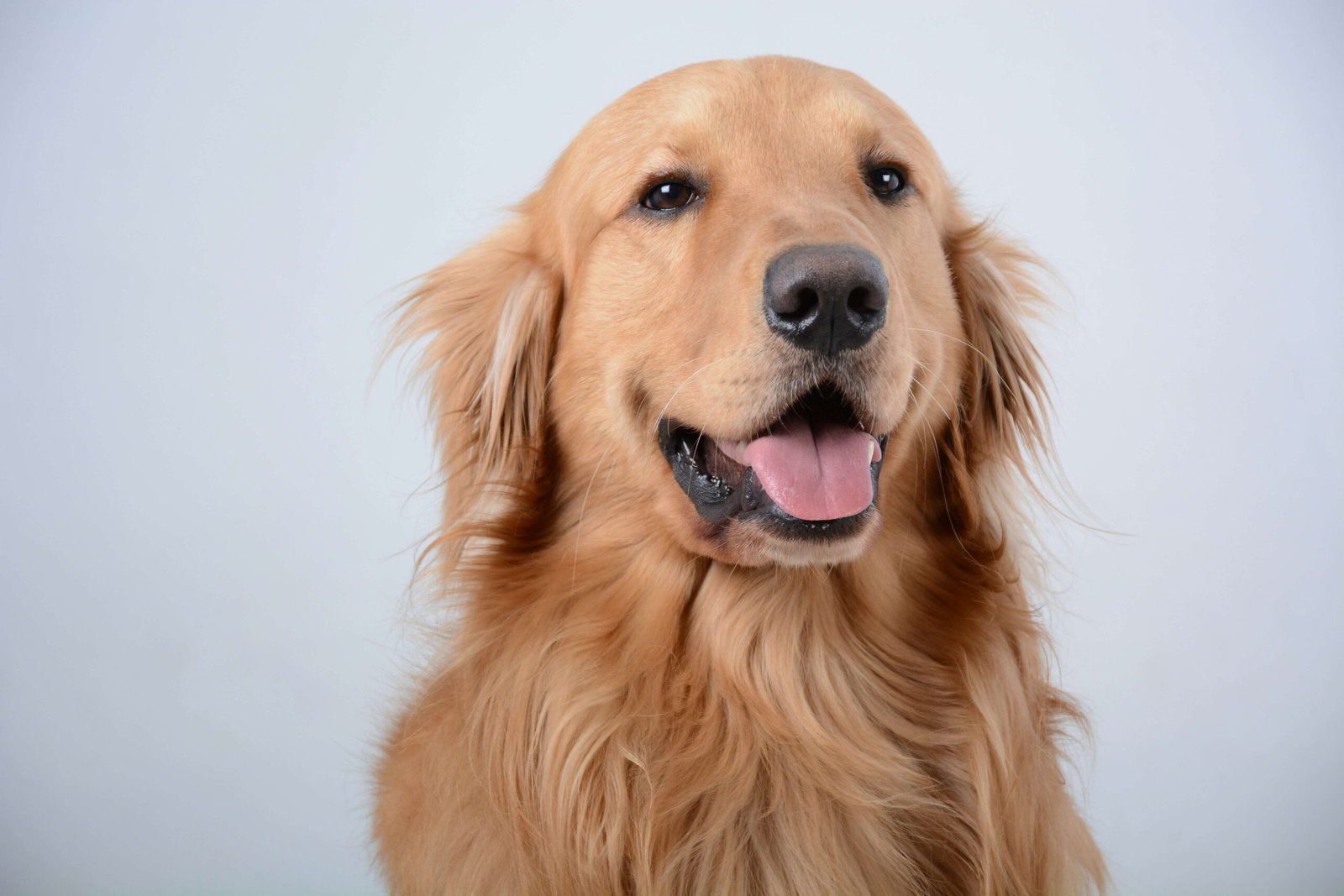Discovering the Charm of Mesocephalic Dog Breeds
When it comes to choosing a canine companion, head shape plays a significant role in determining a dog’s appearance, temperament, and even health. Among the various classifications—dolichocephalic (long-headed), brachycephalic (short-headed), and mesocephalic (medium-headed)—mesocephalic dog breeds stand out as a perfect balance of form and function. These dogs are neither too elongated nor too compact, offering a harmonious blend of aesthetics and practicality. In this blog post, we’ll dive into the fascinating world of mesocephalic dog breeds, exploring their unique traits, popular examples, and why they might just be the ideal choice for your next furry friend.
What Are Mesocephalic Dog Breeds?
Mesocephalic dog breeds are characterized by their medium-length skulls, which strike an appealing balance between long and short-headed dogs. This classification is not just about looks; it also influences the dog’s overall health and abilities. Here’s what you need to know about these versatile breeds:
Mesocephalic dogs have a skull index ranging between 75 and 80, which is considered proportionate and balanced.
Their head shape often correlates with fewer respiratory issues compared to brachycephalic breeds.
These breeds are known for their versatility, excelling in roles such as herding, hunting, and companionship.
The moderate skull structure allows for strong jaw muscles, making them efficient chewers and biters.
Many mesocephalic breeds are celebrated for their intelligence and trainability.
In summary, mesocephalic dog breeds offer a happy medium, combining the best of both worlds when it comes to head shape and functionality.
Popular Mesocephalic Dog Breeds You Should Know
If you’re considering adopting a mesocephalic dog, you’ll be delighted to know that this category includes some of the most beloved and iconic breeds. These dogs are cherished for their adaptability, charm, and diverse skill sets. Here are a few standout examples:
Labrador Retriever : Known for their friendly nature and versatility, Labs are excellent family pets and working dogs.
German Shepherd : Renowned for their intelligence and loyalty, German Shepherds excel in police and military roles.
Border Collie : With unmatched agility and herding instincts, Border Collies are among the smartest dog breeds.
Boxer : Playful and protective, Boxers make wonderful companions for active families.
Golden Retriever : Gentle and affectionate, Golden Retrievers are perfect for households with children.
These breeds showcase the incredible diversity within the mesocephalic category, proving that there’s a perfect match for every lifestyle and preference.
Check this guide 👉The Charm of Non-Sporting Dog Breeds: Best 7 Tips!
Check this guide 👉Therapy Dog Breeds: Best 7 Expert Tips!
Check this guide 👉Playful Dog Breeds: Best 7 Expert Tips!

Trait | Advantages |
|---|---|
Balanced Skull Shape | Reduces risk of health issues like breathing problems. |
Versatile Skill Set | Adaptable for various roles, from companionship to work. |
Strong Jaw Structure | Efficient chewing and biting capabilities. |
Moderate Size Range | Suitable for different living environments. |
Intelligent and Trainable | Easier to teach commands and behaviors. |
Why Choose a Mesocephalic Dog Breed?
Mesocephalic dog breeds are often praised for their well-rounded characteristics, making them a top choice for many households. Here are some compelling reasons to consider bringing one of these dogs into your life:
They tend to have fewer health complications compared to brachycephalic or dolichocephalic breeds.
Their balanced head shape contributes to better respiratory and dental health.
These dogs are highly adaptable, thriving in urban apartments or rural settings.
Mesocephalic breeds are often easier to train due to their intelligence and eagerness to please.
They come in a variety of sizes, temperaments, and coat types, catering to diverse preferences.
Choosing a mesocephalic dog means investing in a companion that is both healthy and versatile, ensuring years of joy and companionship.
Caring for Your Mesocephalic Dog
Once you’ve decided on a mesocephalic breed, it’s essential to understand how to care for them properly. These dogs may have fewer health concerns, but they still require attention and love to thrive. Consider the following tips:
Provide regular exercise to keep them physically and mentally stimulated.
Feed them a balanced diet tailored to their size and activity level.
Schedule routine vet check-ups to monitor their overall health.
Brush their coats frequently to maintain their appearance and prevent matting.
Spend quality time training and bonding to strengthen your relationship.
By meeting their needs, you’ll ensure that your mesocephalic dog remains happy, healthy, and a cherished part of your family.
Training Tips for Mesocephalic Breeds
Training a mesocephalic dog can be a rewarding experience, thanks to their intelligence and eagerness to please. These breeds often excel in obedience and agility training, making them a joy to work with. Here are some tips to help you train your mesocephalic companion effectively:
Start training early to establish good habits and reinforce positive behaviors from a young age.
Use positive reinforcement techniques, such as treats and praise, to motivate and encourage your dog.
Keep training sessions short and engaging to maintain their focus and enthusiasm.
Incorporate mental challenges, like puzzle toys or scent games, to stimulate their sharp minds.
Be consistent with commands and routines to avoid confusion and ensure steady progress.
By following these training tips, you’ll build a strong bond with your mesocephalic dog while unlocking their full potential as a well-behaved and happy companion.
Health Considerations for Mesocephalic Dogs
While mesocephalic dog breeds are generally healthier than their brachycephalic counterparts, they still require proper care to maintain their well-being. Understanding potential health concerns can help you take proactive steps to ensure a long and healthy life for your furry friend. Here’s what to keep in mind:
Regular dental check-ups are crucial, as medium-skulled dogs can still be prone to plaque buildup and gum disease.
Monitor their weight to prevent obesity, which can lead to joint problems and other health issues.
Pay attention to ear hygiene, especially for breeds with floppy ears, to reduce the risk of infections.
Schedule annual vaccinations and parasite prevention treatments to protect against common illnesses.
Stay vigilant for signs of hip dysplasia or arthritis, particularly in larger mesocephalic breeds.
With proper care and attention, your mesocephalic dog can enjoy a vibrant and active life, free from preventable health complications.
Fun Activities to Enjoy with Your Mesocephalic Dog
Mesocephalic dog breeds are known for their energy, intelligence, and adaptability, making them perfect partners for a wide range of activities. Engaging in fun and stimulating experiences not only strengthens your bond but also keeps your dog physically and mentally fit. Here are some ideas to try:
Take long walks or hikes in nature to satisfy their need for exercise and exploration.
Enroll in agility classes to challenge their physical abilities and boost their confidence.
Play fetch or frisbee in the park to burn off excess energy and improve coordination.
Teach them new tricks or commands to keep their minds sharp and engaged.
Try dock diving or swimming if your dog enjoys water, as these activities are great for full-body workouts.
By incorporating these activities into your routine, you’ll create unforgettable memories while ensuring your mesocephalic dog stays happy, healthy, and entertained.
Frequently Asked Questions About Mesocephalic Dog Breeds
What does "mesocephalic" mean?
Mesocephalic refers to dogs with medium-length skulls, offering a balanced and proportionate head shape.
Are mesocephalic dogs healthier than other types?
Generally, yes. Their balanced skull structure reduces the risk of certain health issues, such as breathing difficulties.
Can mesocephalic dogs live in apartments?
Absolutely! Many mesocephalic breeds adapt well to apartment living as long as they receive adequate exercise and mental stimulation.
Are these breeds good with children?
Most mesocephalic breeds are known for their friendly and patient nature, making them excellent companions for families with kids.
How do I choose the right mesocephalic breed for me?
Consider factors like size, energy level, grooming needs, and temperament to find a breed that aligns with your lifestyle.
The Perfect Balance: Why Mesocephalic Dogs Steal Hearts
Mesocephalic dog breeds embody the perfect harmony of beauty, health, and versatility. Whether you’re looking for a loyal companion, a working partner, or a playful family pet, these dogs have something special to offer. Their balanced head shape not only enhances their physical appeal but also contributes to their overall well-being. By choosing a mesocephalic breed, you’re welcoming a furry friend that promises years of happiness, loyalty, and unforgettable moments. So, why wait? Explore the world of mesocephalic dogs and discover the joy they bring to countless homes around the globe.
Do Cats Have Taste Buds? Best 7 Expert Tips! – Discover how cats experience flavors and why their taste is so unique.
Do Dogs Have Taste Buds? Best 7 Expert Tips! – Discover how dogs experience taste, their preferences, and what it means for their diet and health.
Can Cats Taste Sweet? Best 7 Expert Tips! – Discover why cats can’t taste sweetness, how it affects their diet, and tips to keep them healthy and happy.
Can Dogs Taste Sweet? Best 7 Expert Tips! – Discover how dogs perceive sweetness, which foods are safe, and tips to manage their sweet cravings responsibly.





